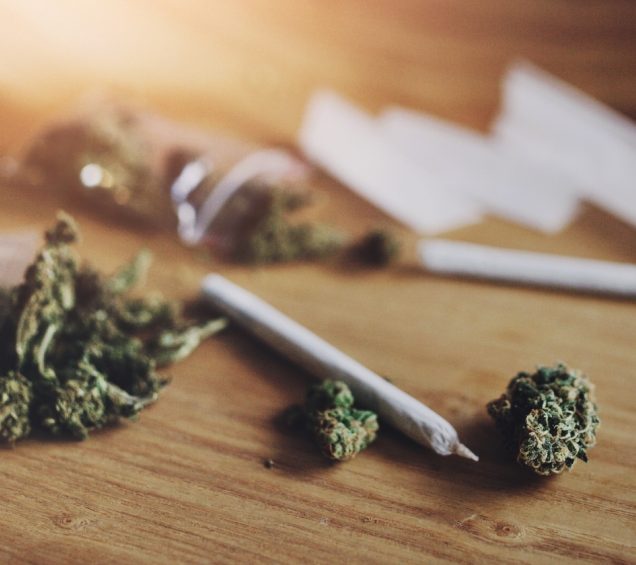Marijuana Addiction Treatment Options: A Detailed Breakdown
There’s no single way to overcome marijuana addiction — different treatment programs work for different people. Some may benefit from therapy, while others need a mix of counseling, support groups, and lifestyle changes. The right approach depends on how severe the addiction is, personal goals, and any mental health challenges.
Behavioral Therapies and Counseling
Behavioral therapies help support individuals in recovery by exploring the thoughts, emotions, and behaviors tied to their addiction. These therapies provide tools and strategies to help manage cravings, handle stress, and develop healthier routines to promote a lasting recovery.
Cognitive Behavioral Therapy
CBT is a widely used therapy that helps individuals identify and change negative thought patterns that lead to marijuana use. By learning healthier ways to cope with stress, anxiety, or boredom, individuals can break the cycle of addiction and develop better habits.
Motivational Enhancement Therapy (MET)
MET focuses on increasing a person’s motivation to change their behavior. Instead of challenging drug use directly, this therapy helps individuals explore their personal reasons for quitting and strengthens their commitment to recovery.
Contingency Management
This therapy uses a reward-based system to encourage sobriety. Individuals receive incentives, such as vouchers or privileges, for meeting treatment goals, like passing drug tests or attending therapy sessions. This approach reinforces positive behaviors and helps build momentum in recovery.
Individual and Group Counseling
Counseling provides a safe space to discuss challenges, set goals, and develop coping strategies. Individual therapy allows for personalized treatment, while group counseling offers support from others facing similar struggles. Both approaches can help individuals stay accountable and motivated throughout recovery.
Support Groups
Support groups give people struggling with marijuana addiction a place to connect, share experiences, and find encouragement. Being part of a supportive community can make a big difference in staying motivated and committed to recovery.
Marijuana Anonymous (MA)
Marijuana Anonymous (MA) is a 12-step group designed specifically for people overcoming marijuana addiction. Like Alcoholics Anonymous (AA), it offers peer-led meetings, personal accountability, and a step-by-step approach to recovery. MA focuses on long-term sobriety and provides a judgment-free space to share struggles and successes.
General Substance Use Support Groups
Some people find support in broader addiction recovery groups like SMART Recovery or Narcotics Anonymous (NA). These groups help individuals build coping skills, manage cravings, and stay on track with recovery. While not focused solely on marijuana, they provide useful tools and a strong support system for anyone overcoming substance use.
Inpatient Marijuana Treatment Services
Inpatient treatment provides 24/7 care in a live-in facility, allows people to focus entirely on recovery without outside distractions or triggers. Programs typically last 30 to 90 days and include therapy, medical support, and relapse prevention strategies. This option is best for individuals with severe addiction, strong cravings, or co-occurring mental health conditions.
Partial Hospitalization Programs (PHP)
PHP offers intensive daytime treatment while allowing individuals to return home at night, providing structure with more independence than inpatient programs. Sessions typically last 5-6 hours a day, several days a week, and include therapy, counseling, and medical support. PHP is a good choice for those who need a high level of care but have a stable home environment.
Intensive Outpatient Program (IOP)
IOP is a step down from PHP, offering 9-12 hours of weekly therapy spread across multiple sessions. This program provides structured support while allowing individuals to keep up with work, school, or family responsibilities. IOP focuses on relapse prevention, coping skills, and emotional support, making it a great option for those transitioning from more intensive care or those with moderate addiction.
Outpatient Marijuana Treatment Services
Outpatient treatment is the most flexible option. It involves weekly or biweekly therapy sessions, allowing individuals to continue daily activities while receiving professional guidance and support.
It also includes individual counseling, group therapy, and education on addiction and recovery. This level of care works best for people with mild addiction and a strong support system.
Holistic and Wellness-Based Approaches
Holistic treatments support the mind, body, and spirit alongside traditional therapies. These approaches can help reduce stress, improve mental health, and promote long-term recovery:

